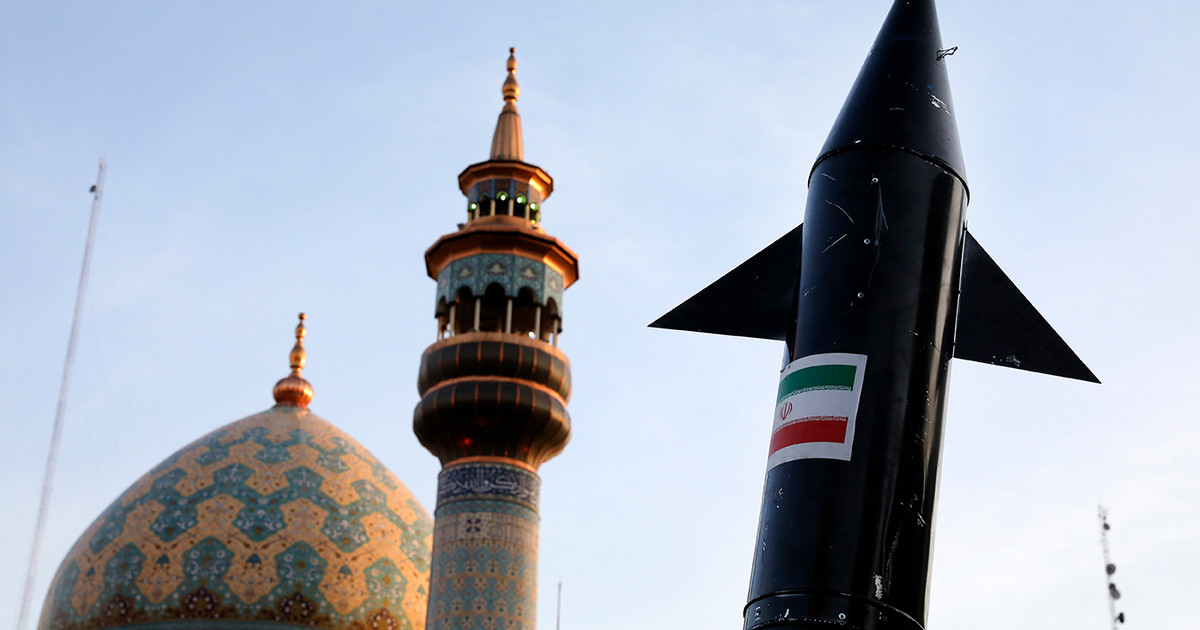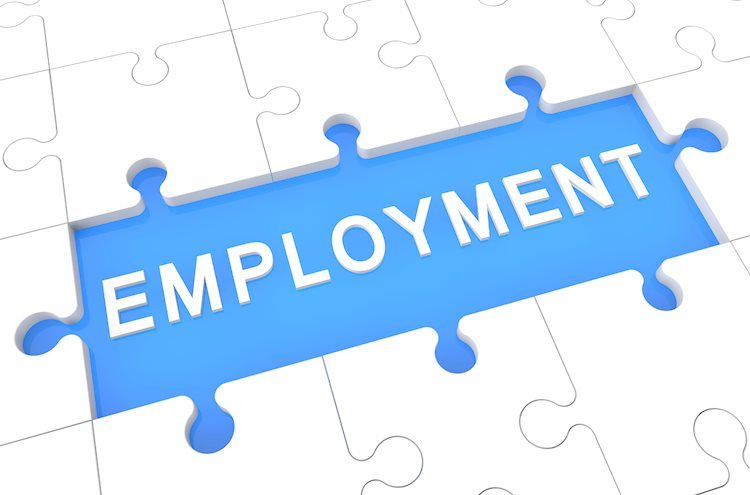The pandemic has given way to the financial issue when it comes to concern among Brazilians. This is what the research by the Instituto Travessia shows, which collected, by telephone, the opinion of 1,000 respondents on April 5th and 6th.
The economic crisis occupies the first place in the ranking of issues that afflict all social classes. The topic is mentioned by 37% of Brazilians with an income of up to two minimum wages, and by 33% of those interviewed with a higher income.
The reduction in the number of cases and deaths from Covid-19 observed in the comparison between the beginning of 2021 and the same period in 2022 has been generating a feeling of “post-pandemic”, for the political scientist and partner-owner of Instituto Travessia , Renato Dorgan Filho.
“Our war is Covid-19. It devastated the economy, especially among the poorest, leading to debt and even starvation. On the other hand, the richest are the least vaccinated. They are also the ones who have access to the private health system and the best treatments, which clearly reduces the fear of contamination”, pointed out Renato.
Vaccination
The research highlighted resistance to the continuity of the Covid-19 vaccine program. The percentage of respondents who are against the application of the fourth dose is 37%. These are people who say they will not take the booster dose, while 20% say they have no formed opinion and 43% guarantee that they will participate in all immunization steps.
In the opinion of 42% of respondents with an income of less than two minimum wages, the pandemic is over in Brazil. The percentage grows among the financially privileged: 66% of participants with income above five minimum wages consider that the coronavirus is behind them.
Celso Ramos, an infectious disease specialist member of the National Academy of Medicine, says that the epidemiological situation at the moment is really very favorable. However, he recalls that this result was made possible thanks to vaccination, and emphasizes that it is essential to maintain prevention to reach zero hospitalizations and deaths from Covid-19.
“Anyone who has not taken the available doses and is late with the calendar should update. The fourth dose is critical, and we still have a significant amount of unvaccinated children and adolescents, as well as people who have not had the third dose,” she said.
“We cannot ignore this concern, even though we already have others, such as the financial one. It is a fact that the pain in the pocket weighs, but all we don’t want is to relive a pandemic “, warned the infectologist.
Inflation
Second on the list of concerns for 2022 is inflation. The projections are a cause of distress for 29% of Brazilians who earn up to two minimum wages; for 28% of those who receive between two and five minimum wages, and for 23% of those interviewed with an income above the salary base.
According to the BCB report, the forecast for inflation is around 6%, above the target of 3.5% and the ceiling of 5%. However, the market perspective is that inflation will be even higher, since in the period of March 2021/2022, the accumulated of the 12 months is 11.30%. This year, in the first three months, inflation is 3.20%.
Professor and economist Ricardo Macedo explains that skepticism and pessimism are justified by a set of factors. Among them are the war in Ukraine, the price of a barrel of oil, the new lockdown in China, US inflation and the uncertainties generated by an election year. All reflect on rising inflation and interest rates.
“With the dollar under pressure, investors tend to leave Brazil, looking for US treasury bonds, that is, the money is no longer invested here. This also causes rising inflation,” he said.
“As a result, there is a reduction in consumption and a slowdown in the country’s growth rate. It is a vicious circle affected by external events, and we suffer the consequences”, added the economist.
Another cut made by the research shows that the portion of the population with the highest income was also the one that most managed to keep the job in the “home office” system.
70% of respondents with earnings above five minimum wages joined the work scheme, against only 43% of Brazilians who earn up to two minimum wages. For the economist, the data is directly related to the possibility of the employee having the structure to work at home.
“Some people have this support, others don’t. Those who clearly perceived the benefits were entrepreneurs, who saved money on rent and electricity, for example. Many have even joined or are thinking of definitely joining the ‘home office’”, explained Ricardo.
And despite the perspectives still blocked and the crisis being pointed out as the main fear among the interviewees, travel expenses are already in the plans of the more affluent.
In the group of those earning more than five minimum wages, 8% plan to spend on tourism again, while the sector did not score among those with an income of less than two wages.
Source: CNN Brasil
I am Sophia william, author of World Stock Market. I have a degree in journalism from the University of Missouri and I have worked as a reporter for several news websites. I have a passion for writing and informing people about the latest news and events happening in the world. I strive to be accurate and unbiased in my reporting, and I hope to provide readers with valuable information that they can use to make informed decisions.






